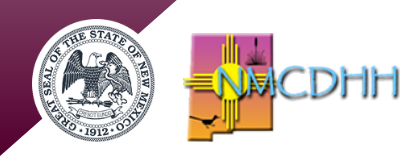
Over-the-Counter (OTC) Hearing Aids
Two bills called the “Over-the-Counter Hearing Aid Act of 2017” were introduced to the 115th Congress: H.R. 1652 in the House of Representatives and S.670 in the Senate. The content of these bills, with minor amendments, was later attached to the Food and Drug Administration (FDA) Reauthorization Bill, which was signed into law on August 18, 2017.
Since that time, the FDA has needed to create regulations to implement the requirement to make “hearing aids available without supervision, prescription order, involvement, or intervention of a licensed person, to consumers through in-person transactions, by mail, or online.” This will bring a new option to those over 18 who have a mild to moderate hearing loss. However, the regulations have not been started yet, so OTC devices specifically for people with hearing loss are not yet on the market. If you are considering purchasing a device that claims to be in this new category, please be aware the seller is not being truthful.
The next step will be a Notice of Proposed Rule Making (NPRM) issued by the FDA, followed by an open comment period and then the final rules.
The idea of buying hearing aids without the consultation of an audiologist or hearing aid provider is a new concept, and one that many organizations feel should be approached with caution. For several years Personal Sound Amplification Devices have been available but never classified as a “hearing aid”.
The NMCDHH has gathered a few positions for you, the consumer, to look at as well as the original bills themselves, and the text of Section 709 of the FDA Reauthorization Bill that addresses over-the-counter hearing aids.
